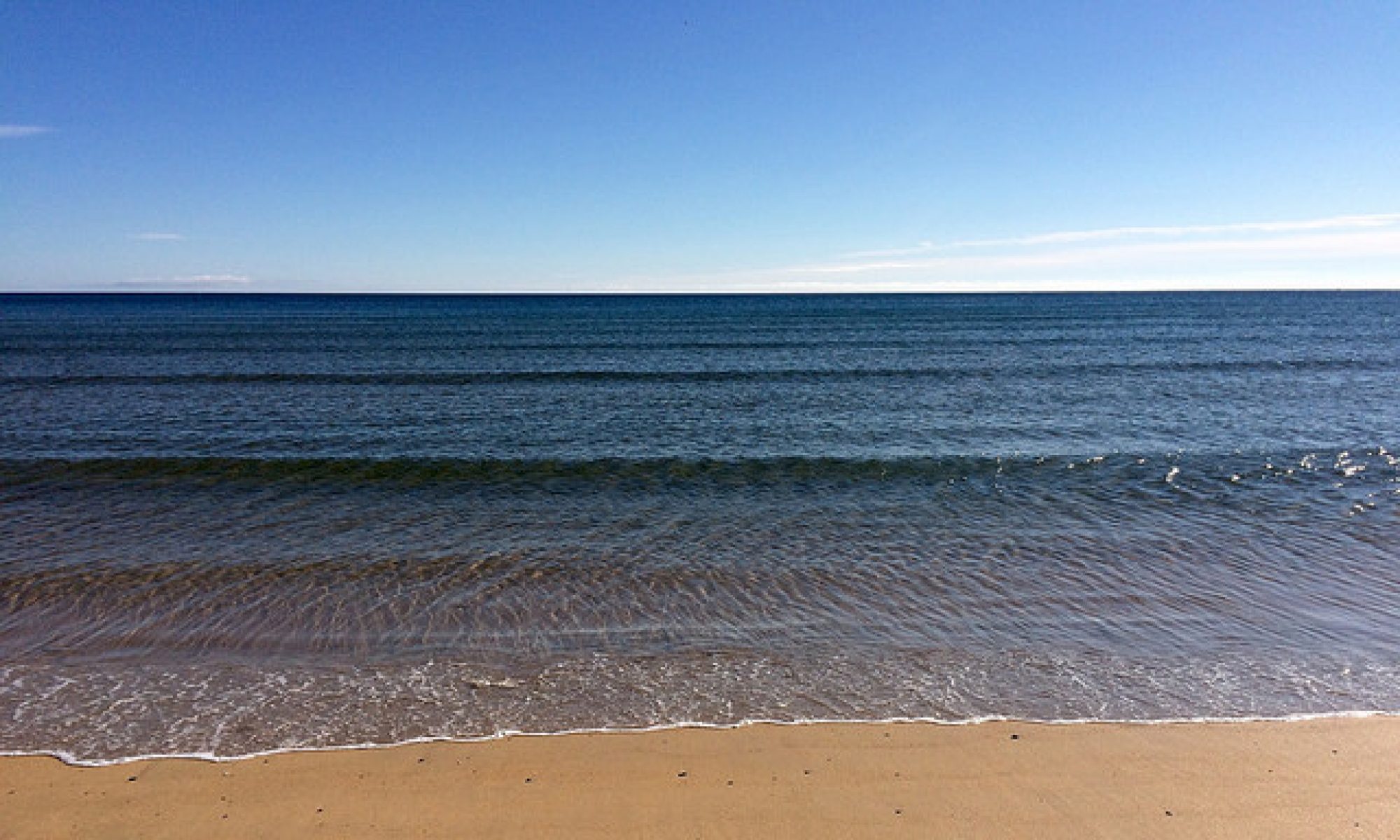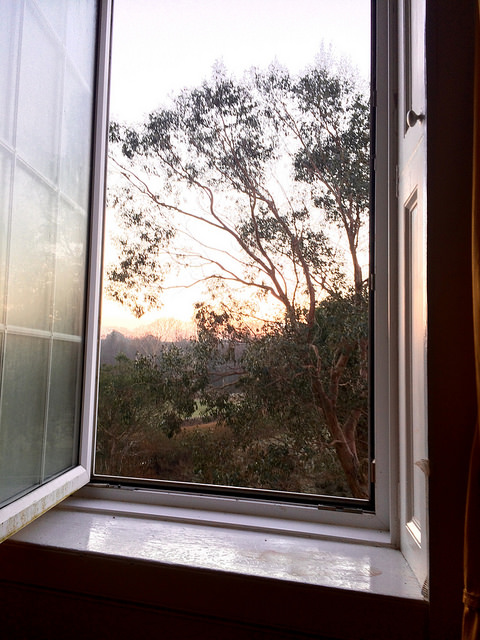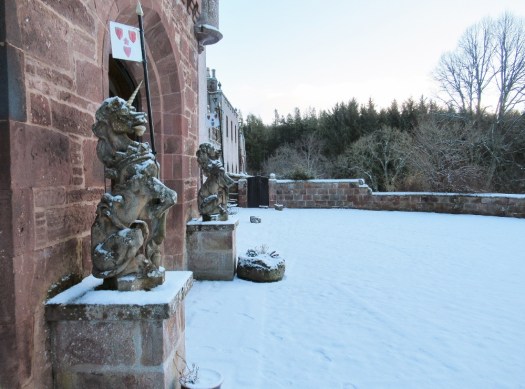
Inshoch Castle is a ruined 16th century Z-plan tower house near Auldearn in the Highlands of Scotland. It’s situated in a private garden, so I am really grateful to the owner for allowing me access for novel-research purposes.
Inshoch Castle’s connection to ‘witches’
The castle is connected to Isobel Gowdie in a few ways. In 1662, the year of Isobel’s famous witchcraft confessions, it was home to the Laird of Park who was probably her landlord. Isobel confessed to attempting to curse all his male children by making and roasting a clay effigy of a child, a very detailed one with ‘all the parts of a child’ including ‘little lips.’ Inshoch castle is also where Isobel’s accomplice Janet Breadheid gave her confession and was probably incarcerated. Isobel was questioned in Auldearn and probably (there’s a lot of probably in this case) kept there in the Tolbooth, but maybe in the kirk steeple (again).
Reseach continues…
It would be nice if I could say ‘continues apace’ but it’s a slow process for me. We may not have much definite information to go on, or primary sources, only Isobel’s four confessions, and Janet’s one, but these are deeply complex documents. There are other, sometimes obscure, mentions of the case from the time too. Immersing myself in the words of the confessions has uncovered some interesting implications that I haven’t found anyone else mentioning. Wider research has uncovered another very strange occurrence that was taking place at the same time, and I feel the two must have intersected and could, in fact, make for the most fascinating element of the novel… but more research is needed.

Today Inshoch Castle is incorporated into the garden, some of its tumbled stones making a rockery. And I remember the opening of L.P. Hartley’s 1953 novel, The Go-Between: “The past is a foreign country; they do things differently there.”
I’m looking back through the lens of now. How can I really understand? The gate to the past, like the one to Lochloy House below (near where Isobel lived), is rather forbidding.

Radio Reminder
There’s just another few days to hear me ask OJ Borg questions about the ancient Scottish fire festival the ‘Burning of the Clavie’ on Radio 2. It was a fun thing to do, and you can hear it here. I’m 28 minutes in on the Midnight Mastermind feature. It may be a bit tricky outside of the UK, unless you’re doing clever VPN things.

You can read more about the Burning of the Clavie on my post about Burghead here.
My debut novel featured historical witchcraft and another Isobell…

Isobell needs to escape. She has to. Her life depends on it.
Taking place mainly in a fictional castle, THE MERMAID AND THE BEAR blends an often overlooked period of history, the Scottish witchcraft accusations, in particular the 1597 Aberdeen witchcraft panic, with a love story. There’s 6 chapters of medieval Christmas too.
See the press release here
From the Press and Journal: New book by Fraserburgh author highlights horrific extent of witch trials in Scotland
Newsletter and Free Story
For more bits of obscure Scottish history and photos of places I visit, sign up for my occasional, more-intimate-than-the-blog newsletter. You will receive a free short story in e-book form when you do (the story can be read in a browser too).
The Performance: sometimes going home for Christmas is just one huge performance…

New Books and Special Offers
If you would like to hear about new books and special offers, you can follow my Amazon author page.

See my About Page here













































































































